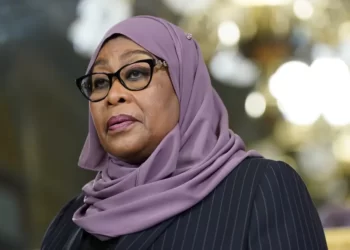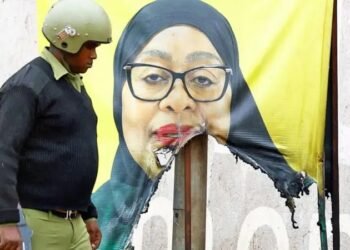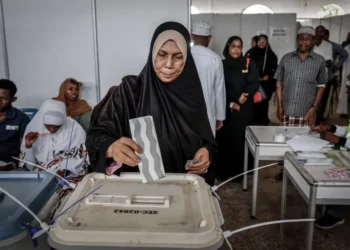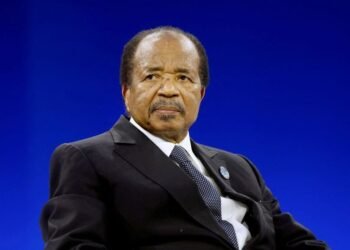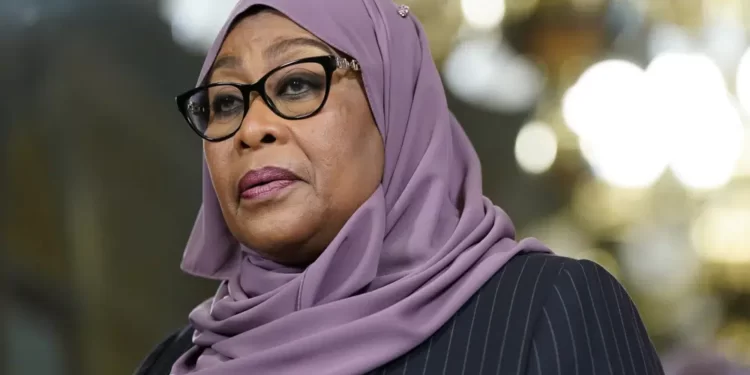The governorship election was held in 28 states out of the 36 in the country. Results for twelve states have been announced. Results for the remaining sixteen are yet to be declared.
On the record, seven of the eleven Governors who sought re-election in the March 18 polls held across Nigeria have been declared winners by the Independent National Electoral Commission (INEC) to return to office for another four-year term each.
These lucky ones are Governor Babajide Sanwo-Olu of Lagos State, Governor Dapo Abiodun of Ogun State, Governor Seyi Makinde of Oyo State, Governor AbdulRahman AbdulRazaq of Kwara State, Governor Inuwa Yahaya of Gombe State, Governor Abdullahi Sule of Nasarawa State and Governor Mai Mala Buni of Yobe State.
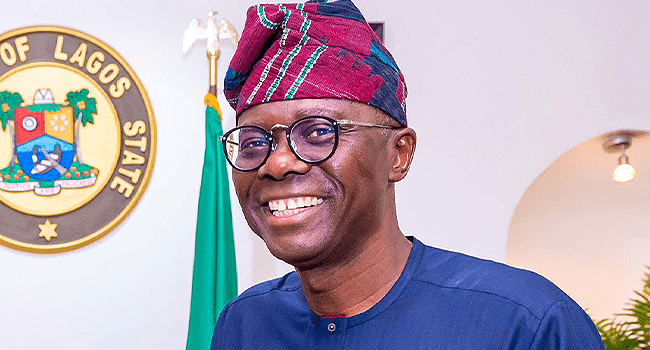
Moreover, five newcomers have been victorious in the governorship elections, namely, Umo Eno in Akwa Ibom State, Umar Namadi in Jigawa State, Dikko Radda in Katsina State, and Ahmed Aliyu Sokoto in Sokoto State.
Nine of the twelve elected Governors belong to the ruling party, the All Progressives Congress (APC), two are members of the Peoples Democratic Party (PDP) and one is a member of the New Nigeria Peoples Party (NNPP).
NNPP Triumphs Over APC At Kano
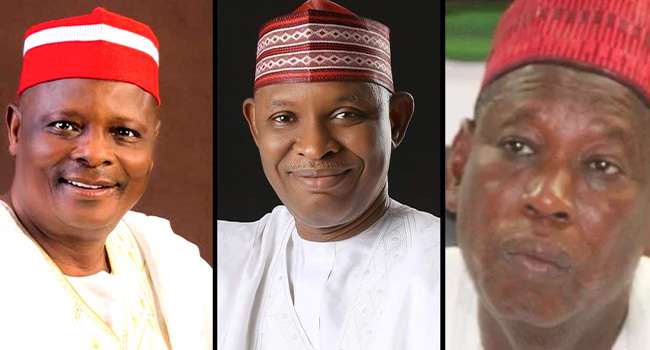
The battle for the political control of Kano State in Nigeria’s North-West geopolitical zone between the All Progressives Congress (APC) and the New Nigeria Peoples Party (NNPP) has been settled with the declaration of NNPP’s Yusuf Kabir as the Governor-elect.
Kabir was declared the winner of the strongly contested governorship poll by the Independent National Electoral Commission (INEC) on Monday, March 20, 2023 morning.
Kabir gained 1,019,602 votes to defeat his closest contender, Nasir Gawuna of the APC who polled 890,705 votes.
Returning Officer, Prof Ahmad Ibrahim pronounced, “That Yusuf Kabir of NNPP having satisfied the requirement of the law is hereby declared the winner and is returned elected.”
The two main contestants were backed by political giants in the state which boasts of high numerical voter strength. Kabir was backed by former Kano Governor and NNPP Presidential candidate, Rabiu Kwankwaso who has a large following in Kano with his socio-political movement known as the Kwankwasiyya.
Gawuna was also endorsed by the incumbent Governor and APC bigwig, Abdullahi Ganduje whose two-term of eight years end on May 29, 2023.
For years, Ganduje and Kwankwaso have remained arch-political rivals over the control of Nigeria’s unarguably most populated state with a commensurate number of voters, the highest nationwide.
In the February 25 presidential poll, Kwankwaso won in 38 of the 44 local government areas in Kano with a total of 997,279 votes while APC’s Bola Tinubu won in the remaining six local governments with 517,341 votes.
Interestingly, Ganduje was Kwankwaso’s Deputy when the latter was Governor from May, 2011 to May 2015 before they fell apart after the 2015 elections which saw the emergence of Ganduje as Governor. Before then, Kwankwaso was also Kano Governor from 1999 to 2003.
Meanwhile, the Kano State Government has imposed a dawn-to-dusk curfew to avoid a breakdown of law and order, following tensions generated from the collation of results of the governorship and state Assembly elections.
Despite the curfew, residents took to the streets to celebrate of the election of the governorship candidate of the New Nigeria People’s Party (NNPP), Yusif Kabir.
READ ALSO: Nigeria Gubernatorial Elections: Sorting And Counting Commences




